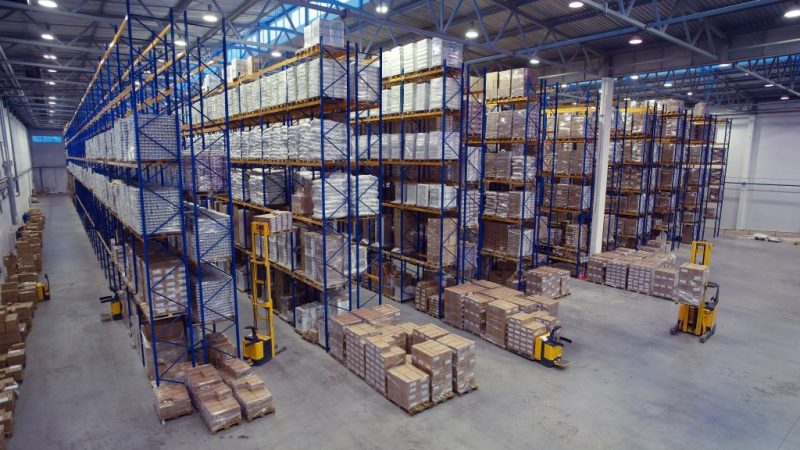South Africa is grappling with an energy crisis that has far-reaching implications for businesses and the economy. The heavy reliance on coal-fired power plants and inadequate investment and infrastructure upgrades has resulted in frequent breakdowns, blackouts, and a shortage of electricity generation capacity.
As business leaders, it is crucial to understand the depth of this crisis and its impact on individual organisations and the broader economy. Only by engaging in meaningful conversations with clients will one be able to collectively work towards finding sustainable solutions and mitigating the challenges posed by the energy crisis.
South Africa’s energy landscape remains heavily dominated by coal, which accounts for approximately 90% of the country’s energy generation. However, as early as 1998, reports warned that Eskom, the national power utility, would run out of electrical power reserves by 2007, unless urgent action was taken. Unfortunately, the construction of additional power plants or the exploration of alternative energy sources has been slow, and renewable energy currently only contributes a meagre 5% to the country’s energy mix.
The consequences of inaction are severe and widespread. Insufficient electricity generation capacity and frequent power outages disrupt business operations, leading to increased costs and decreased productivity. Moreover, an unreliable energy supply hinders job creation and investment, and households experience the inconvenience and productivity losses caused by load-shedding.
Ageing infrastructure maintenance has only exacerbated the situation. It is reported that between 1961 and 1996, five power stations were commissioned in the country with a combined capacity of some 35 000MW, but as of the early 2000s, only 9 500MW of this capacity had been added to the grid. There is also insufficient electricity generation capacity to meet the growing demand.
The Escalating Load-Shedding Crisis
Load-shedding has become an unfortunate reality in South Africa. During the first four months of 2023, the country had already surpassed the total number of load shedding hours experienced during 2022.
The increase in load-shedding remains a significant concern for South Africa. With South Africans more often experiencing load-shedding up to stage 8, meaning the grid is effectively off for 50% of the time, the worst is yet to come. The severity of load-shedding is illustrated by the grid’s potential to reach stage 16, leaving businesses and households in a constant state of uncertainty.
Renewable energy offers a viable solution to the energy crisis in South Africa. Initiatives like the Renewable Energy Independent Power Producer Procurement Programme aim to increase the contribution of renewable energy sources to the energy mix. Public-private partnerships are being encouraged to drive infrastructure development. By diversifying the energy mix and reducing coal dependence, South Africa can create jobs, reduce greenhouse gas emissions, and enhance energy security.
More than ever, public education and awareness campaigns are crucial to foster a culture of energy conservation in the country. Citizens must be encouraged to adopt sustainable energy practices, such as using energy-efficient appliances and implementing demand-side management programmes to help manage peak electricity demand. Energy audits and retrofitting buildings for improved energy efficiency are also effective measures to reduce energy consumption, and businesses are increasingly looking at these options.
It is a common fact that several steps must be taken to overcome the energy crisis. This includes accelerating the implementation of renewable energy projects, upgrading and expanding transmission and distribution infrastructure, and exploring innovative technologies like energy storage and intelligent grid systems. These measures will enhance the efficiency, resilience, and reliability of the energy system, ultimately benefiting businesses and the economy as a whole.
Implications for Businesses
Businesses have faced significant challenges due to the ongoing energy crisis. The increased cost of generators, maintenance, and diesel expenditure heavily burdens companies. Infrastructure upgrades, such as universal power supplies, have become more frequent and costly. The increase in load-shedding has led to a strain on equipment, leading to shorter lifespans. Energy efficiency measures to encourage energy conservation have become standard practice.
Business has carried the cost to date, but this is increasingly more challenging. More and more companies are considering implementing energy surcharges to recover costs and ensure the continuity of their operations. Unless a more immediate solution is found for the energy crisis, businesses will have no option but to pass the cost on to their clients and ultimately the consumer.
Addressing the energy crisis and avoiding energy surcharges requires an immediate solution. Getting there calls for collaborative efforts from businesses, government, and society.
As business leaders, now more than ever, it is vital to have open and transparent conversations with clients about the challenges posed by the energy crisis and the need for recovery.
Rouche van der Westhuizen
Johannesburg Branch Executive
Seabourne Express Courier



